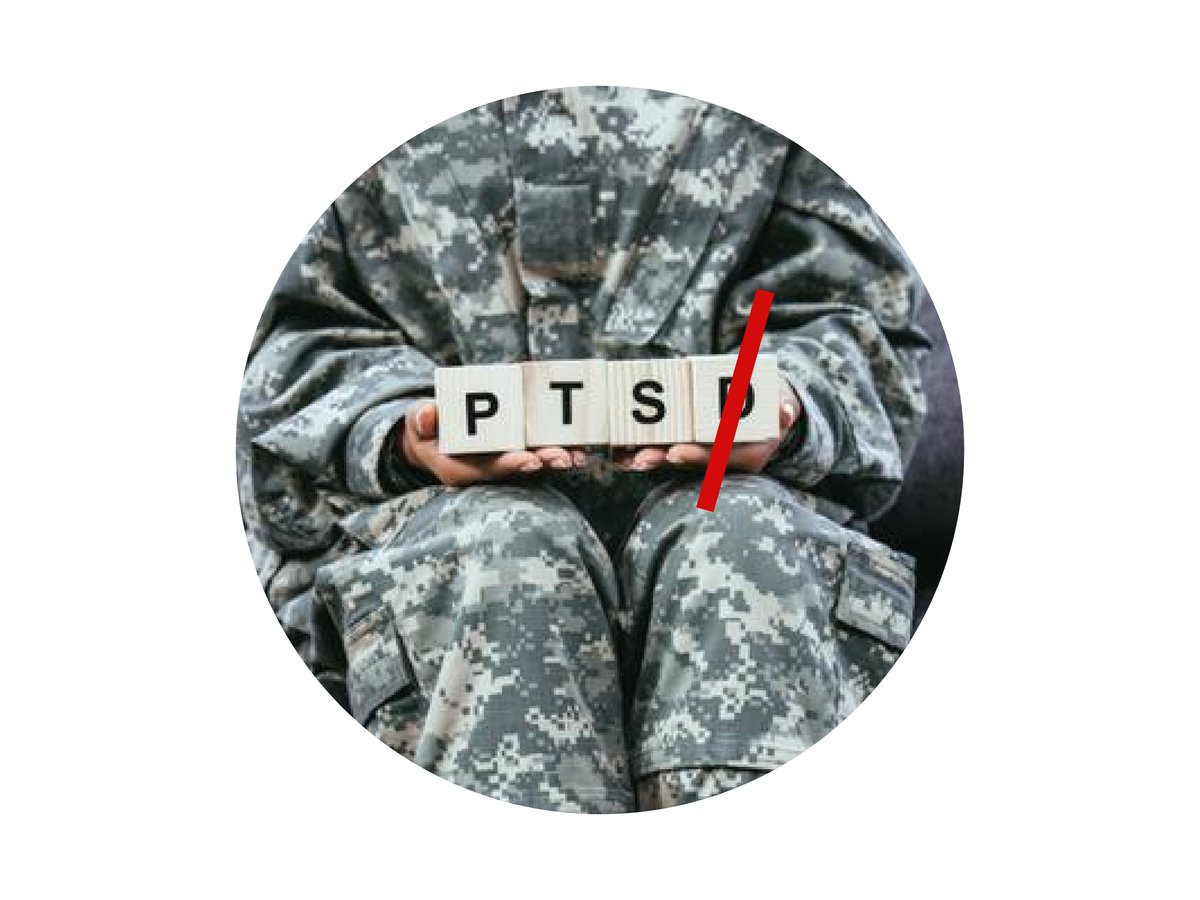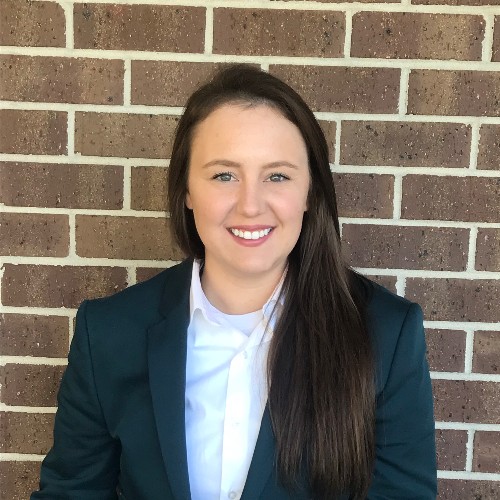Heal Center
Free Counseling Sessions to Combat Post-Traumatic Stress in Veterans
The care you deserve, from the team you can trust
You and your dedicated therapist engage in trauma-focused treatments, and the AVA Heal Center treatment program provides 12 cost-free sessions.
For extended therapy, sessions include a client payment made to the therapist. Also, during therapy sessions, Veterans may opt to receive the Stellate Ganglion Block (SGB) injection procedure to dramatically reduce post-traumatic stress and hyper-anxiety symptoms. Your therapist will administer a PCL-M questionnaire and refer to an approved physician for further treatment. Click the Contact Link below to start your journey.

AVA Heal Program: Stellate Ganglion Block injection procedure for treatment of Post-Traumatic Stress
Our primary goal in the AVA Heal Program is to help veterans suffering from Post-Traumatic Stress absolve or reduce their symptoms to increase daily functioning and improve overall quality of life. The focus is to combine the utilization of Stellate Ganglion Block (SGB) with traditional therapies, by clinical therapists with expertise in trauma and veteran treatment to achieve long-term resolution of post-trauma symptoms.
To Learn More About SGB, Download the Stella Impact Report with AVA Here
The entire process was very smooth and I just wanted to take a moment this morning to share my gratitude. I am appreciative beyond words for people like you. I continue to see positive benefits from the treatment and have already recommended the treatment to two other veterans. Stella asked me to complete a PTSD survey prior to treatment and I scored a 65. A week after the procedure I was asked to retake the survey and my score was a 37. I have been able to enjoy things again and been quite the social butterfly over the past month. I believe your act of kindness has been a contributing factor to these changes. Thank you again for the opportunity and I hope your efforts continue helping more veterans.
PURPOSE
The purpose of the Acadiana Veteran Alliance is to introduce a formalized treatment protocol for the treatment of Post-Traumatic Stress (PTS) in veterans in Louisiana.
The main focus of treatment is trauma-informed counseling sessions coupled with the utilization of Stellate Ganglion Block (SGB) which has demonstrated repetitive, anecdotal, clinical success in various patients over the last several years.
The goal is to continue clinical validity and reduction of post-traumatic stress and hyper-anxiety over time thus increasing funding and accessibility to additional veterans in Louisiana and surrounding states.
AVA Heal Program Eligibility
Veterans, reservists, and active-duty US military who meet diagnostic criteria of Post-Traumatic Stress, as diagnosed by a clinical therapist or contracted psychiatric practitioner via the Acadiana Veteran Alliance will be considered for the treatment.
Additionally, active substance abuse and/or medical complications that can interfere with treatment would need to be ruled out.
Candidates must be deemed psychologically fit for treatment per clinical therapists.
Candidates must also be deemed medically fit by the in-network physician they are referred to for the Stellate Ganglion Block procedure.
Participants must provide written and verbal consent for treatment and agree to all treatment recommendations by medical director(s) and clinical therapist(s).
VETERANS AND SERVICE MEMBERS,
Fill out the form below and someone will be in touch.
TEAM

Robyn Sonnier, M.A., LPC, NCC, CCTP Clinical Director
Robyn is a Licensed Professional Counselor (LPC), National Certified Counselor (NCC) and a Certified Clinical Trauma Professional (CCTP) with specialized training and certifications for working with veterans. She has a passion for helping veterans overcome obstacles impacting daily life.

Thomas K. Bond, M.D., M.S. Medical Director
Dr. Bond has an experienced background in administering SGB injections successfully. He's trained extensively with Dr. Sean Mulvaney, one of the leaders in treating PTSD in veterans with SGB, and is a world-renowned expert in Interventional Regenerative Orthopedic procedures.

Madison NyquistDevelopment Director
Currently the Business Development Director for River Oaks Hospital, a New Orleans-based facility that has provided quality treatment to individuals suffering from mental illness since 1970. Skilled in Networking, Leadership, Social Media, Community Outreach, and Program Development.
AVA Heal Program Treatment Logistics
-
Candidate Referral
Candidates can be referred to the Acadiana Veteran Alliance by emailing us -at heal@supportava.org. A referral specialist will review the information and initiate contact with the potential candidate to explain the necessary criteria for eligibility for treatment. Once verbal consent is obtained, an appointment will then be scheduled with a licensed therapist specializing in the treatment of trauma and veterans who will determine if a diagnosis of PTS is met and if the candidate qualifies for treatment.
-
Candidate Screening
Candidates will be screened by a licensed therapist specializing in the treatment of trauma and veterans. This initial screening session may last 50-60 minutes. During the time of the screening a diagnostic interview as well as a PCL-M will be performed. According to the National Center for PTSD, a score of 31-33 or higher is indicative of benefit from PTS treatment. At the time of screening, the therapist is to rule out any potential conflicts such as potential TBI or substance abuse/substance use disorder. If the candidate meets eligibility, the patient will then be referred for initial consultation with an in-network physician.
Candidates will complete an initial consultation with an in-network physician where a spouse/significant other will accompany the patient. A baseline history and physical will be performed and medical candidacy for treatment will be determined. If the candidate consents the procedure will then be scheduled, and a consult letter will be sent to the referring provider for continuity of care.
What exactly is the SGB?
The Stellate Ganglion Block (SGB) injection involves a commonly used anesthesia that is injected into nerves above the neck, right above the collarbone. It serves to “soothe” or “reset” the sympathetic nervous system, which is shown to be overactive in individuals with PTS, resulting in relief in a matter of minutes.
The SGB injection is an outpatient procedure that takes roughly twenty (20) minutes.
The Stella group in Chicago, IL has demonstrated an 80% improvement rate for patients with symptoms of PTS with an 85% success rate specifically for combat/warfare experience. Their data is the result of a sample of 327 patients treated between December 2016 and February 2020 with data reviewed by the International Review Board (IRB).
Efficacy and Results Measurement
According to the National Center for PTSD, a minimum of a five (5) point reduction in the PCL-M score demonstrates a patient’s response to treatment.
Additionally, a ten (10) point reduction is the minimum threshold for determining whether the improvement is clinically meaningful.
The goal of the AVA Heal Program is to demonstrate a ten (10) point or greater reduction in PCL-M scores to demonstrate efficacy of treatment in veterans with PTS.
